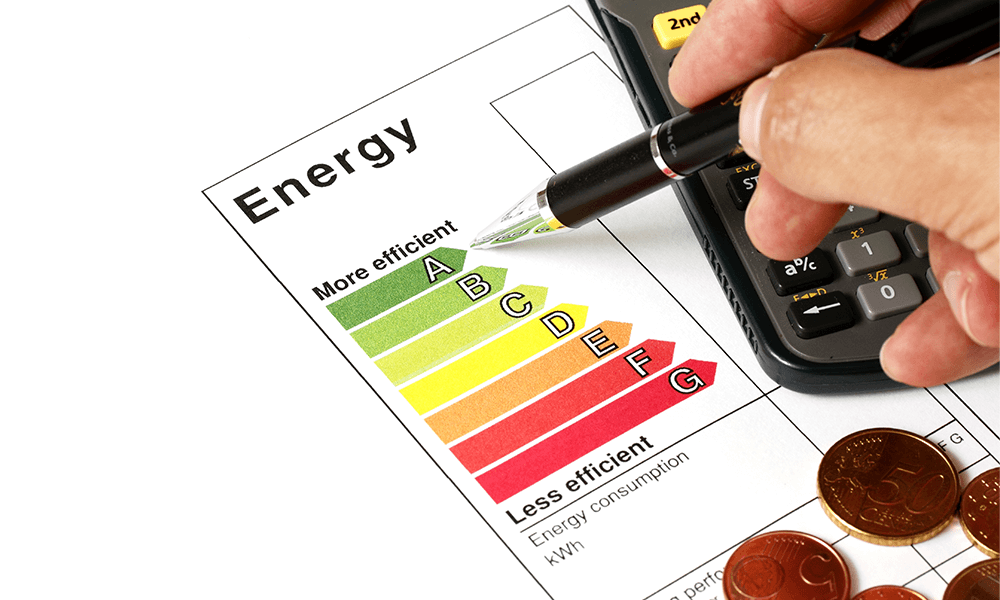Before you turn on your shower knob, let’s look at different water heaters and their energy efficiency
In today's era of environmental awareness and rising energy costs, the quest for energy efficient water heaters has become paramount as consumers are increasingly seeking appliances that reduce their carbon footprint and electricity bills.
It's equally important and crucial to understand the labels and ratings of various types of water heaters and is crucial for making informed purchasing decisions.
What are Efficiency Labels?

When shopping for a water heater, one of the first things you will notice is the BEE star label. This label provides important information about the appliance's energy consumption and estimated annual operating costs. Bureau of Energy Efficiency Ratings (BEE ratings) indicate the annual electricity consumption of your appliances. Each appliance receives a rating from one to five stars, with a higher star rating signifying exceptional efficiency and effective control over electricity usage. The star label from the Bureau of Energy Efficiency serves as a vital indicator for potential buyers of electronic appliances in India. Considering this rating before making a purchase is important, as it plays a significant role in promoting maximum energy efficiency. By adhering to this label, consumers can make informed decisions, leading to savings in both money and energy by opting for the most energy-efficient products available.
Why choose High-Efficient Water Heaters?
Energy efficient water heaters are designed to operate with minimal consumption while still providing optimal performance. These appliances utilize advanced technologies, such as improved insulation and efficient heating elements, to maximize energy efficiency. By investing in an energy efficient Geyser , consumers can significantly reduce their monthly utility bills and lower their overall environmental impact.
Here are a few types of water heaters
In addition to traditional storage water heaters, there are various types of water heaters available, each with its own energy efficiency considerations. Instant water heaters, for example, heat water on demand, eliminating standby heat loss and potentially reducing energy consumption. On the other hand, heat pump water heaters extract heat from the surrounding air to heat water, offering significant energy savings compared to conventional electric water heaters.
Let’s look at some of its advantages

One of the primary advantages of energy efficient water heaters is their ability to save money. Compared to traditional models, which often waste energy through heat loss and inefficient heating mechanisms, they are designed to minimize waste and maximize efficiency.
This results in substantial cost savings over time for homeowners. Additionally, it helps in reducing energy consumption, carbon emissions, and environmental footprint, contributing to a more sustainable future for generations to come.
Factors to consider before buying a water heater

When buying a water heater, it's essential to weigh factors such as upfront costs, operating efficiency, and long-term savings. While high-efficiency models may have a higher initial price tag, their lower energy consumption can lead to substantial savings over the life of the appliance, ultimately helping to save electricity. By comprehensively understanding the strengths and limitations of each type, consumers can confidently make efficient water heater choices.
The economic benefits of energy-efficient geysers extend beyond immediate cost savings. Over time, the reduced energy usage of these appliances results in substantial long-term financial benefits.
So, before you hop into your next hot shower, remember to make Efficient water heater choices.
Conclusion
Selecting an eco-friendly water heater is a crucial step towards enhancing sustainability, reducing household expenses, and helping to save electricity. By understanding the diverse range of water heaters available and their economic benefits, consumers can make informed decisions that benefit both their wallets and the environment. Investing in energy efficiency today ensures a brighter and more sustainable tomorrow for all.



